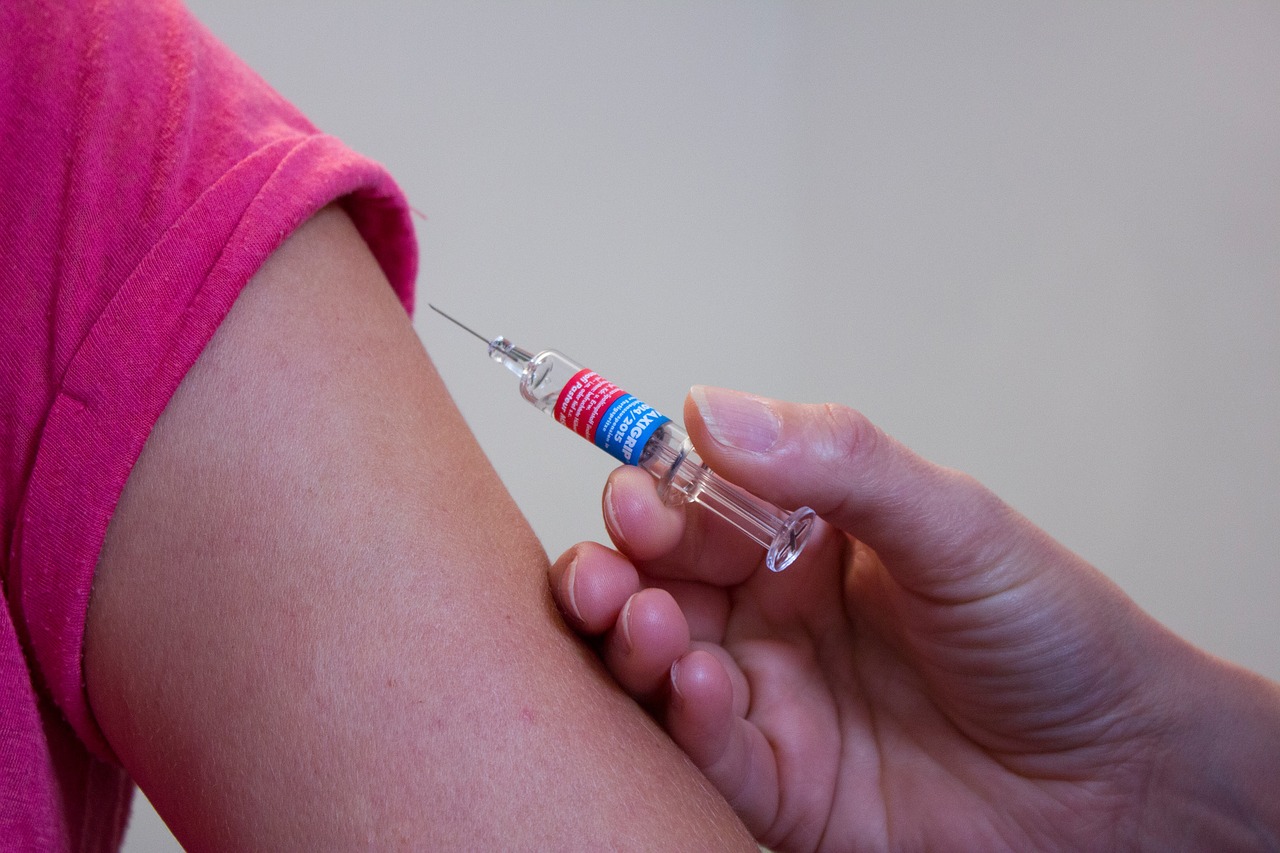
MANILA – The emergency use of Pfizer’s vaccine candidate against coronavirus disease 2019 (Covid-19) is unlikely in the Philippines, Department of Science and Technology (DOST) Secretary Fortunato de la Peña said on Tuesday.
“We need to verify the accuracy of (Pfizer’s) claim that the vaccine is 90 percent effective. If (Pfizer) will apply to conduct a clinical trial here, the Vaccine Expert Panel will check the data, and would verify the claim,” he said during the Laging Handa public briefing.
On Monday, Pfizer announced that its candidate vaccine was found to be “more than 90 percent effective in preventing Covid-19 in participants without evidence of prior SARS-CoV-2 infection in the first interim efficacy analysis”.
The pharmaceutical firm plans to submit an Emergency Use Authorization to the US Food and Drug Administration (FDA) around the third week of November.
Pfizer’s announcement was based on a Phase 3 clinical study. De la Peña pointed out that the Philippines requires Phase 4 clinical trials for the vaccine candidates.
The DOST chief noted that Philippine authorities could not rely on Pfizer’s announcement, since it was the firm’s announcement. “We do not know the data that supports (the claim),” he said.
In case Pfizer would not conduct a clinical trial in the Philippines and would submit an application to the Philippine FDA for supply purposes, that would still be referred to the Vaccine Expert Panel for analysis, he added.
Meanwhile, de la Peña said there is no date yet as to when the World Health Organization (WHO) Solidarity Vaccine Trial for Covid-19 would commence.
“As of November 10, we have not received the list of vaccines and the protocols from the WHO,” he said.
Most probably, the vaccines in the WHO’s list would be those that have finished the Phase 3 clinical trials, according to de la Peña.
Protocols from the WHO would include the age group of clinical trial participants, the number of doses, the required temperature for storage, among others, de la Peña said.